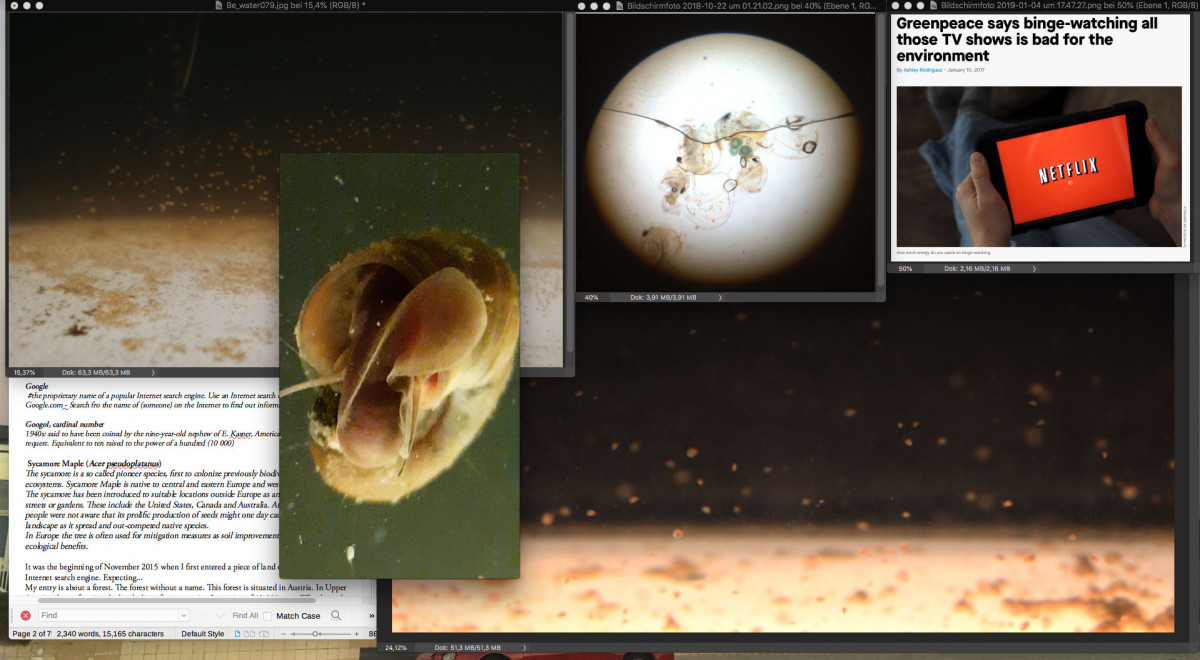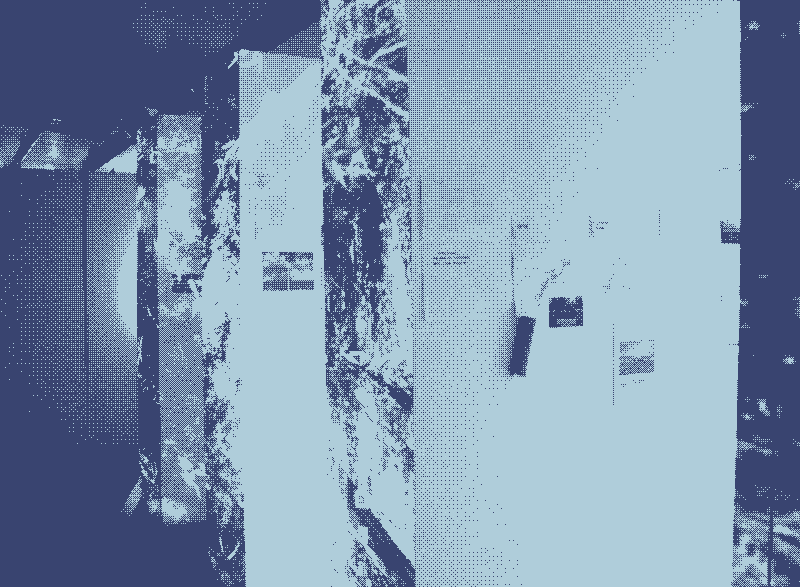
As part of the summer program 2019 “Platform: A Climate Challenge”, servus.at’s research lab 2019 has been invited by the Visual Artist Association of Nicosia (Cyprus) to do a research residence in their atelier / gallery named “Phytorio”.
Event Program
Thursday 11th, 19:30 – 22:00
Residency Opening + Workshop “Unpacking digital greenwashing”
The workshop is based on the concept of the “Green Internet” or, more in general, aims at unpacking and discussing contemporary forms of greenwashing taking place on the Internet.
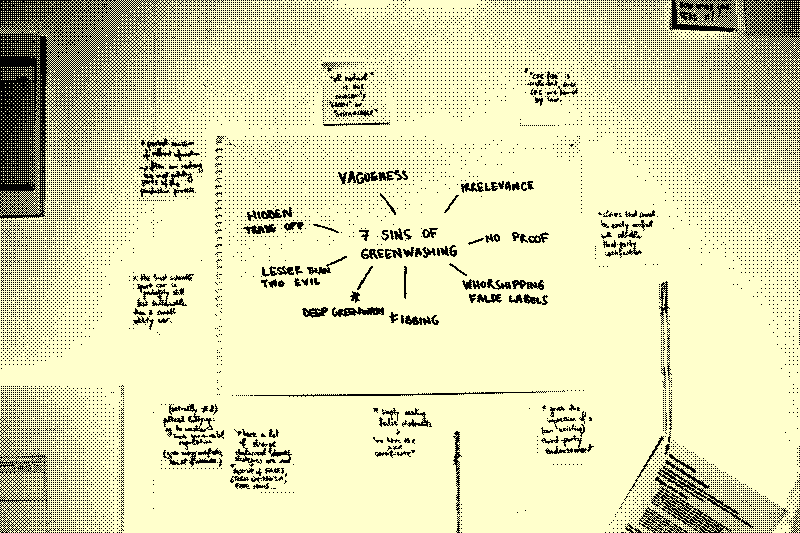
Over the last 5 years, NGOs like Greenpeace began compiling statistics and reports about the environmental impact and the transparency of the largest Internet corporations – Apple, Facebook, Google, Netflix … – and fostered these into powering up their datacenters with energy from renewable sources like solar or wind power rather than electricity produced from coal and gas. With a almost no resistance, companies like Facebook or Amazon steadily jumped on the train of “environmental friendliness” and traced their roadmaps towards 100% renewable sources.
Was it a victimless victory for activists and environmentalists? This unpredicted green turn began manifesting its real nature when these freshly-convicted “green capitalists” commenced launching their magnificent marketing machinery to announce the “great news”. Their enthusiastic jargon started targeting users and customers to convince that investing in their services rather than the ones of concurrent companies was “the right and most ethical thing to do”.
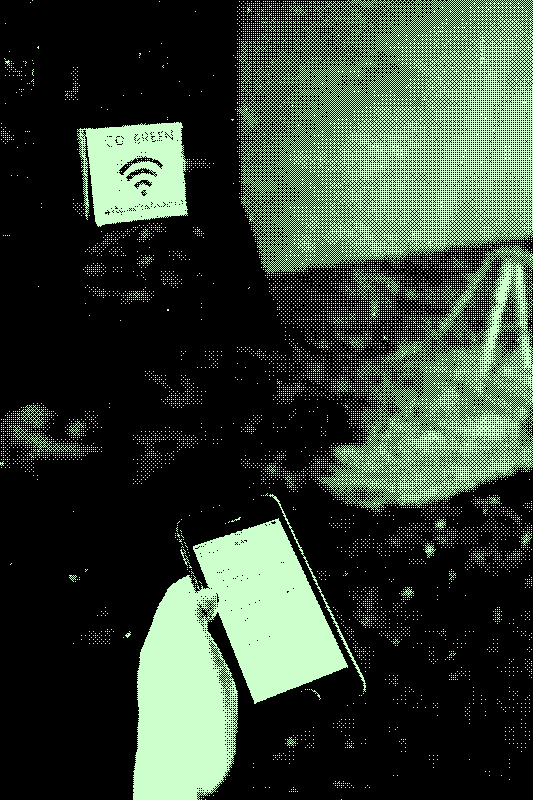
When the whole new market of green energy and smart grids is still about to emerge as the next revolution, green seems nevertheless to be the best color to have when global environmentalism is waking up. Currently, these companies are turning some of the shades of green they easily painted over their logos into some other weapon to re-centralize the Internet and generate more profit for themselves.
The workshop aims at bringing these topics into light through a series of conversations – reflecting on the Internet infrastructure, the role of large corporations and the ways ecological sympathy is developed and performs online.
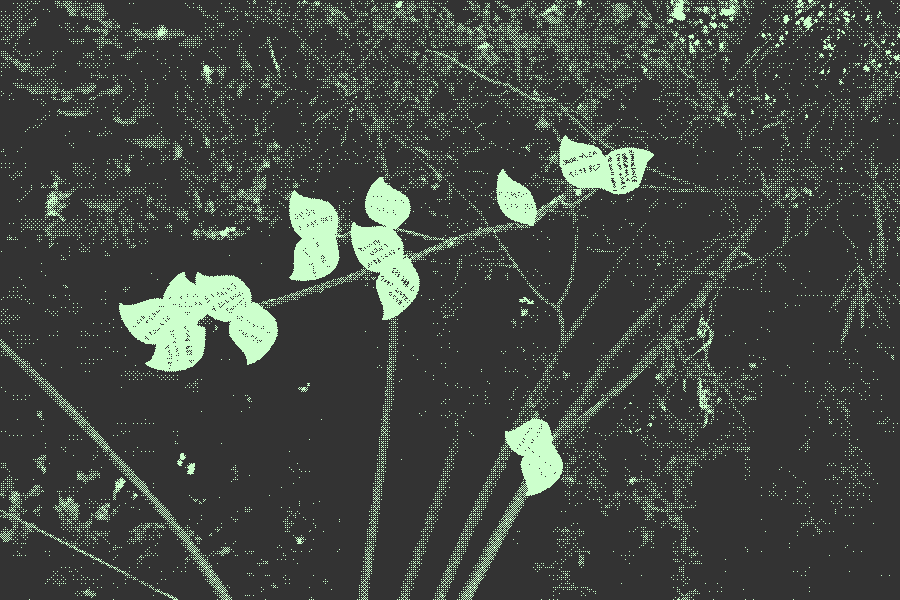
Thursday 18th July, 19:30
Digital Clouds: No Water. No Cloud. / Presentation by Christina Gruber
Our daily life is based on interactions and ever more often our communication takes place online. As to say the “analog” world, the “real” life, is slowly transferred into the digital world. It becomes intangible. But what if the digital is located on this planet and feeds on it as much as we humans do?
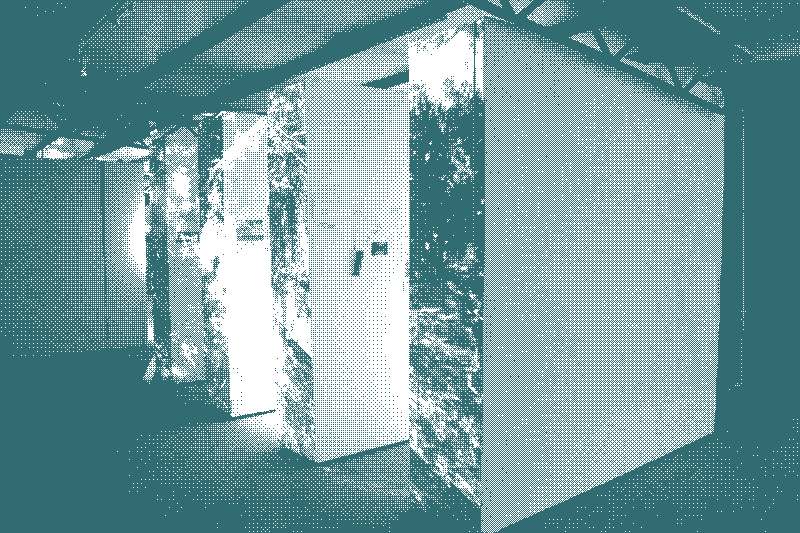
The talk will deal with the manifestations of the digital “Cloud” the software and hardware platforms supporting data centers, physical transmission links, browser-based applications, and so forth.
The hypothesis is “No Water. No Cloud”. This indicates that the only way to stop the ongoing surveillance of our online activities is to cut the water supply of surveillance agencies. It became clear that the Cloud is ultimately dependent on water in the form of electricity and cooling systems. Christina Gruber started thinking about the abstract, immaterial system of the Cloud and how it becomes part of our environment. All of a sudden, her cloudy imaginations of this mystical data ship floating weightless in cyberspace turned into a body relying, like her own, on water.
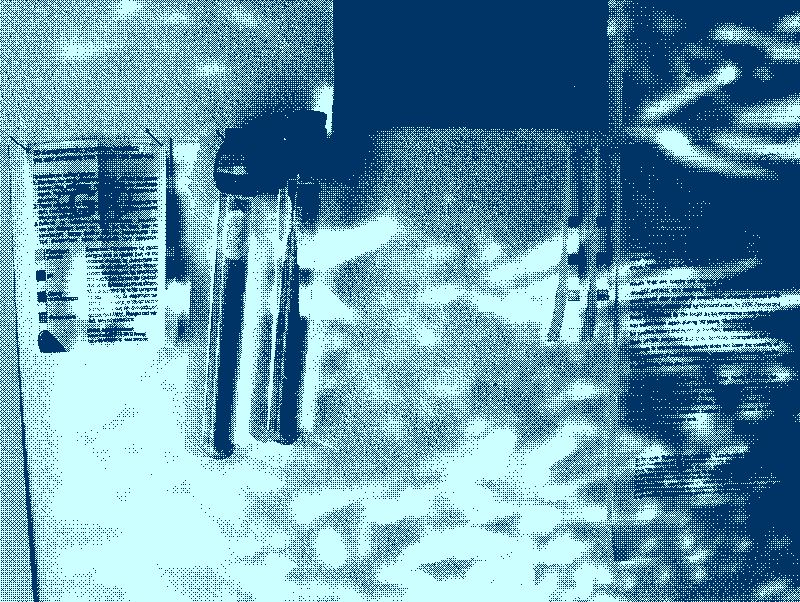
Gruber collects pieces of the Cloud and its manifestations to indicate the material world of the immaterial Cloud. One of these Clouds is about to form in a village in Upper Austria, where Google purchased 780.000 m2 of land for a future “Cloud factory”.
Thursday 25th of July, 19:30
Residency Research Presentation
The aim of the residency is looking for new conceptual models to re-think the ways humans act upon and use the environment. The servus.at Research Lab – Antonio Zingaro, Christina Gruber, and Davide Bevilacqua – will focus on the technological infrastructure of Cyprus and its connection and impact with the environment. They will explore location and ownership of the data centers located in the island and lastly explore how cypriote agriculture adapt to the specific climate of the territory. After experimenting with “survival” and low-tech, DIY strategies to collect water in nature – for example through the ancient technique of the solar stills – the artists will use these outcomes to imagine how the various underlying principles can be used for a basis for a non-anthropocentric development of technology.
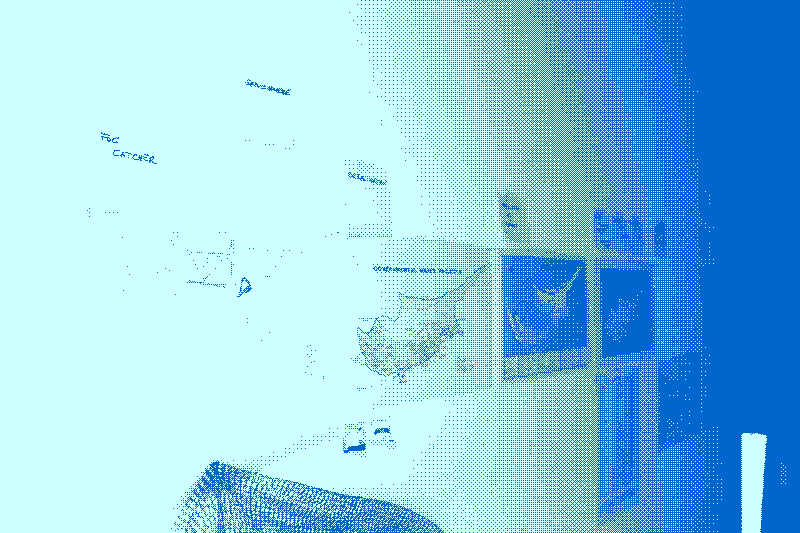
During the opening hours of the exhibition, the artists will engage in conversations with locals to discover how their lifestyle adapts to the available resources of the environment. These enquiries will be collected as a sort of archive of the different aesthetics of the human-nature relationship.
A final section of the research would be to rework these findings for the conceptual construction of a datacenter that does not only drains resources for the environment, but that gives also something back – like a shelter for specific animals or friendly conditions for other living entities.
Opening time of the studio:
11th – 26th Juli 2019
Monday – Friday: 17:30 – 19:30
Phytorio, 2, Nechrou Street, Nicosia Municipal Gardens
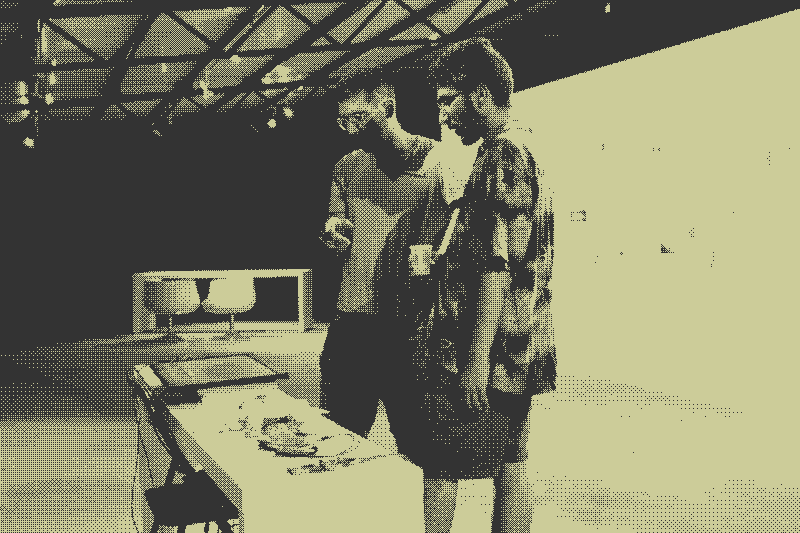
Funded through LinzEXPOrt 2019.

